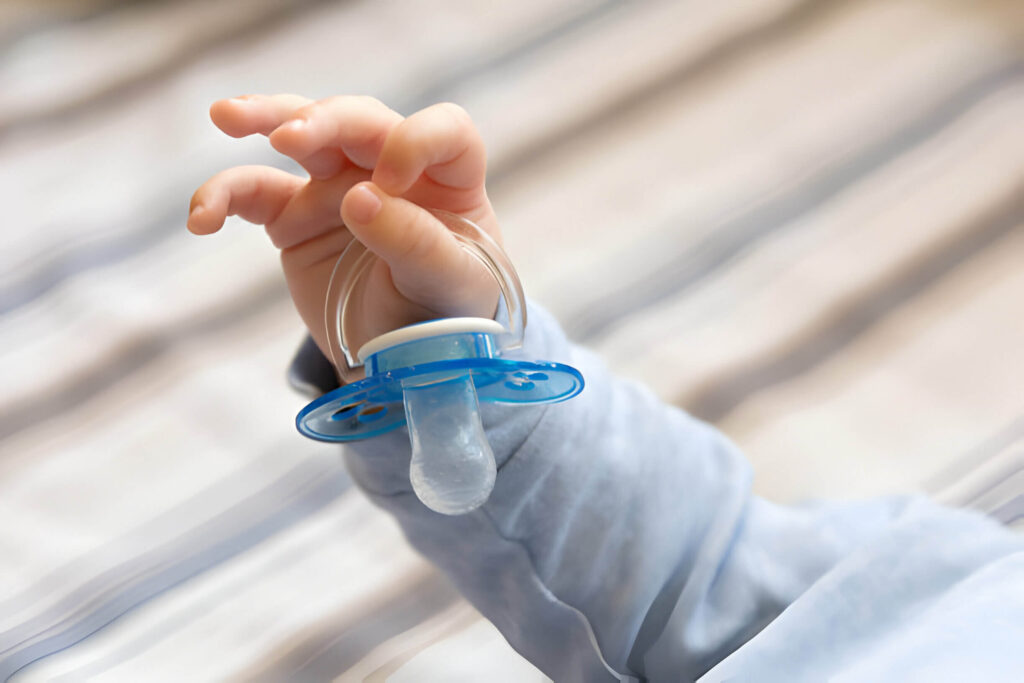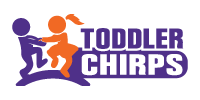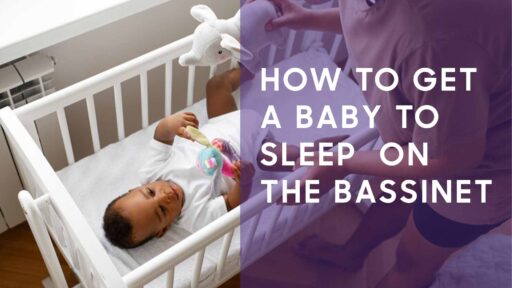The child’s health issue is the foremost priority. Selecting safe baby products is a big challenge for parents. Silicone is used in a wide range of baby products. It is a synthetic rubber-like material that has become increasingly popular in baby products due to its durability, flexibility, and safety. As a parent, you want to ensure that the products we use for our little ones are safe and trustable, and free from harmful chemicals and substances. The question may arise “Is silicone safe for babies?” in your mind. In this article, we will explore the safety of silicon and its potential risks of it. Let’s explore it.

Is Silicone Safe For Babies?
Silicone, a versatile and widely used material, has found its way into various baby products, from pacifiers to bottle nipples and teething toys. Food-grade silicone is recognized as safe and approved by the U.S. Food and Drug Administration (FDA). The numerous advantages of silicone make it trustworthy. Being non-toxic, it does not release harmful chemicals and toxins, even when exposed to high temperatures. That’s why it is safer than using plastic products.
Benefits of Silicone for Baby Products
Silicone is commonly used in baby products. It has several benefits that make it an attractive choice for baby products.
- Durability and longevity: The feature of durability ensures safety and capable of enduring rough handling. As a result, it can help to reduce the expenditure. The capability of enduring makes it ideal for products that babies frequently drop or chew on.
- Easy to clean and sterilize: Silicone is hygienic. It is easy to clean with hot water and you can sterilize the bacteria by washing with hot water. Moreover, being non-porous it doesn’t absorb odors, stains, or bacteria.
- Flexibility and softness: Silicone-made products are soft and it doesn’t hamper the baby’s comfort. Usually, it is gentle on the baby’s delicate skin. Teething toys made from silicone provide relief for sore gums.
- Heat and bacteria resistance: It can endure extreme temperatures without releasing harmful chemicals, unlike plastic. This attribute ensures the safety and purity of your child’s food, free from any risk of contamination.
- Safe: Undoubtedly, food-grade silicone is safe for babies. The FDA recognized the food-grade silicone as safe and it is not harmful. Food-grade silicone is free from harmful chemicals like BPA, PVC, and phthalates.
Common Silicone Baby Products
Silicone is used in wide range of baby products, including:
- Baby Bottles and Nipples: Instead of plastic, silicone bottles, and nipples are safe as they don’t release chemicals and are easy to clean and sterilize.
- Pacifiers and teethers: Silicone pacifiers and teethers provide a soft and gentle experience for a baby’s gum during teething. It is easy to grip and hold.
- Baby utensils and plates: Silicone baby utensils and plates are unbreakable, durable, and safe for microwaving and dishwashing, making mealtime easier and safer for parents.
Considerable Factors For Precautions
Though silicone is depicted as a safe product, there are a few precautions to keep in mind:
- Opt for certified food-grade silicone products. Ensure that the silicone products you purchase are free from fillers, additives, or other potentially harmful substances. Choose reliable brands which prioritize safety and quality.
- Strong chemical odors and discoloration may contains harmful substances. Avoid those products.
- Replace damaged silicone products quickly. If the silicone product become damaged, cracked or teared, it may contain bacteria or release potentially harmful substances.
- It is necessary to inspect the product condition though silicone products are designed to be safe for babies. It is essential to supervise while baby using them to prevent choking hazards or misuse.
Food-grade silicone is long-lasting and safe choice for baby products. Its non-toxic nature, durability, and ease of cleaning make it an attractive choice for parents seeking safe and long-lasting options for their little ones. By choosing reliable brands, reading reviews and following the precautions, you can select a safe product for your baby.





